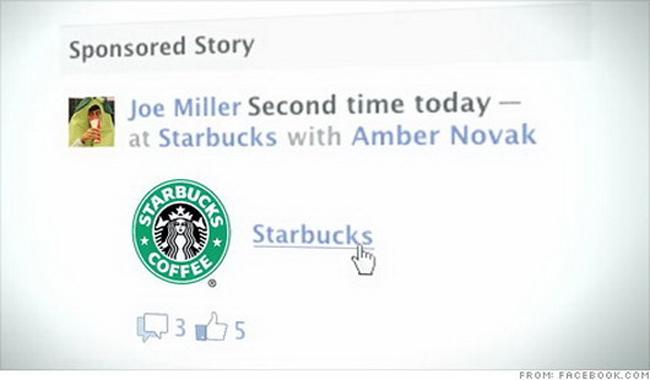
As part of the settlement over a 2-year case against Facebook for exposing user data in its “Sponsored Stories” advertisements, the social network recently released updates – upon court’s orders – on two of their major legal documents. Facebook’s Statement of Rights and Responsibilities and Data Use Policy documents have undergone changes in language and clarity in an effort to better explain how exactly the company collects and uses its members’ data for advertisements on the site.
Changes made to Facebook’s Statement of Rights and Responsibilities include major rephrasing of the section that outlines how the social site utilizes ads and commercial content:

The proposed update also includes a better worded explanation on the nature of Facebook apps: “[They] may be updated from time to time…although Facebook offers its services for free, you are responsible for any access fees, like data charges and text messages.” Additionally, third-party app developers are responsible for deleting user data at the request of the user, not Facebook.
Meanwhile, changes made to Facebook’s Data Use Policy now give the social network rights to share any communication they have with users, such as email correspondences. The explanation the document provides on how the site receives information and what type of information they accumulate when the site is used via its Web platform or its official mobile apps was also slightly modified for clarity.

Additionally, the section that talks about how advertising works on Facebook was completely rewritten. “The goal, really, here is to make sure that we are as clear about our advertising practices as possible,” Erin Egan, Facebook’s Chief Privacy Officer for Policy (who authored the update) told CNET.
Facebook users are encouraged to read through all the documents provided in the update and provide feedback within the next week. Already users are showing outrage through the note’s comments:
“I don’t agree with my likeness, pictures, or anything else I post on this website being used in advertisements, without my ability to restrict it, short of making my profile visible to myself only,” wrote user Ryan Kennedy. “If, that proposal really is enacted, the first time ANY of my friends sees an ad with any of my information in it, I will be deleting my account, and encourage everyone else to do likewise. You need us. We don’t need you.”
“People who use facebook for advertising would not have a problem with these new proposals. The majority of [users] want control over their digital property because they are using facebook as a means of communication with family and friends and not as a means of profit,” user Kent Elias explained. “If facebook wants to monetize its users info then they should be willing to pay for that resource.”
Editors' Recommendations
- What does a check mark mean on Facebook Messenger?
- How to remove location data from your iPhone photos
- How to set your Facebook Feed to show most recent posts
- How to delete or deactivate your Facebook account
- Facebook’s rebrand isn’t quite as drastic as Twitter’s

